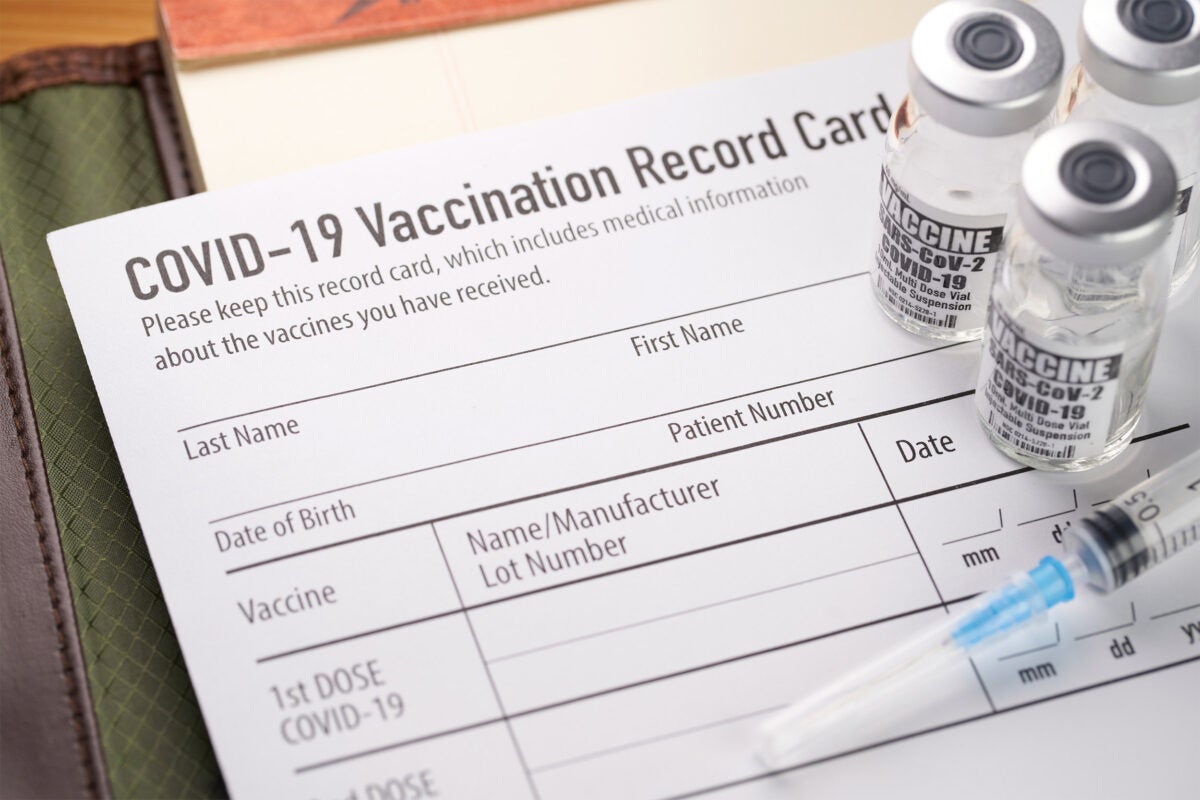A unique study just got published that compared the results of Moderna and Pfizer vaccines. The research was based on the health records of almost half a million US veterans, and it was revealed that Moderna was better at preventing COVID-19 infections, both mild and severe.
The Phase 3 trial data surfaced during late 2020 and it was discovered that Moderna and Pfizer’s mRNA COVID-19 vaccines were massively effective. Across clinical trials and real-world data, the vaccines prevented symptomatic COVID-19 at rates higher than 90 percent.
The researchers created two cohorts of 219,842 subjects from a database of over three million veterans. Each person was matched with a demographically similar partner based on characteristics like age, race, and sex to make the difference of the vaccine, the only difference.
The initial 24-week study period, a snapshot of a time early in 2021 before the Delta variant emerged, revealed 4.52 positive cases of COVID-19 per 1,000 persons in the Moderna group. This compared to 5.75 cases per 1,000 persons in the Pfizer group. This means those Pfizer subjects were 27 percent more likely to report a documented COVID-19 infection.

There was a secondary analysis conducted as well. This time, a smaller cohort of subjects was used. It was at the time when the Delta variant was predominant. Both vaccines performed really well but again, it was found out that was marginally less effective, with its caseload rising to 6.54 more positive Delta cases per 1,000 persons compared to Moderna’s per 1,000 caseloads.
“Given the high effectiveness of both vaccines, either one is strongly recommended to any individual offered the choice between the two,” notes the first author on the study, Barbra Dickerman. “However, this large-scale study allowed us to detect subtle differences between these two highly effective vaccines. While the identified differences in estimated risk were small on the absolute scale, they may be meaningful for larger decision-making bodies, such as health care systems and higher-level organizations, when considering the large population-scale at which these vaccines are deployed.”

“A difference in effectiveness between the BNT162b2 [Pfizer] and mRNA-1273 [Moderna] vaccines might be the result of the different mRNA content of the vaccines (100 ?g for mRNA-1273 vs. 30 ?g for BNT162b2), the different interval between the priming and boosting doses (4 weeks for mRNA-1273 vs. 3 weeks for BNT162b2), or other factors, such as the lipid composition of the nanoparticles used for packaging the mRNA content,” the researchers speculate in the study.
The research did not include the side effects of each vaccine. Previously, it was researched that Moderna produced more side effects as compared to Pfizer. However, the effects were mild.
Eric Rubin and Dan Longo stated that both vaccines are highly effective and the differences are quite minimal.
“So the lesson we take away is not about differences – it’s about similarities,” write Rubin and Longo. “We are lucky to have such good options. Vaccination with any vaccine is far better than remaining unprotected. The message is that the best vaccine is the one that’s available.”
The new study was published in The New England Journal of Medicine.


